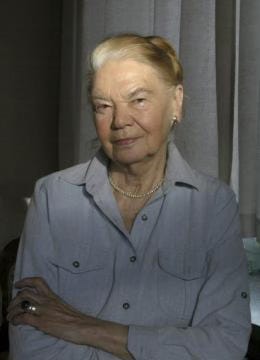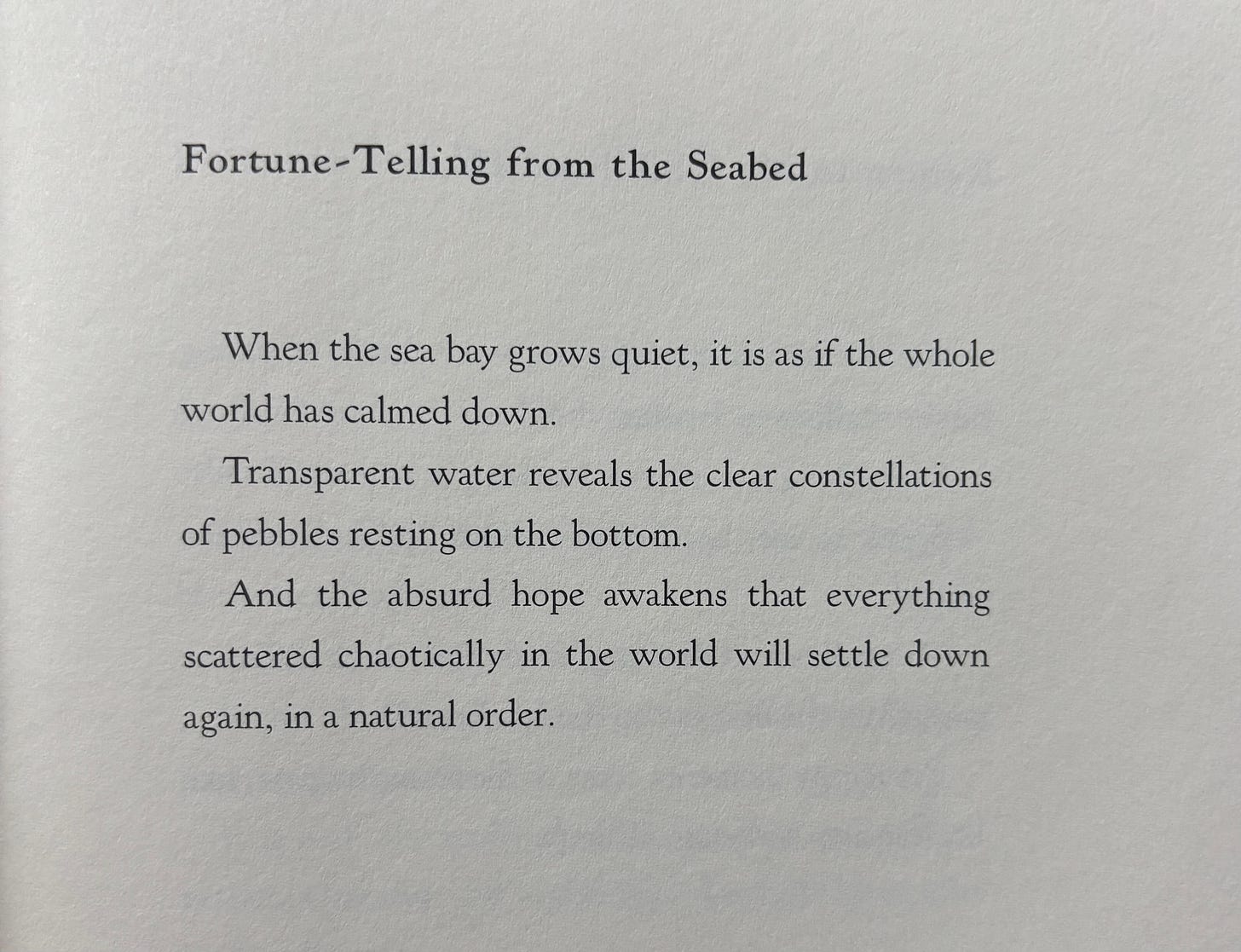Craft: Julia Hartwig
Julia Hartwig (1921-2017) was the “grand dame” of Polish poetry. Her poems do most of what poetry can do at its best, especially in its functions to understand death and to lower the barrier of access to other minds. Her first book was published in 1956, and she also wrote biographies of Apollinaire and Gérard de Nerval, as well as translations of French and American poetry (in particular Marianne Moore and Robert Bly).

She explains in a lengthy, 100-part interview about her life that she was “born at a meeting point of diagonals.” Hartwig lived through most of the major events of the 20th century in Poland, but eventually relocated to the United States.
Hartwig’s poems cleanly balance the microscopic and telescopic modes of poetry. In “Fortune-Telling from the Seabed,” for example, the attention on the calm after chaos in the form of pebbles serves as a metaphor for global (even interstellar) reconfiguration and transformation.
Keep reading with a 7-day free trial
Subscribe to The Sharpener to keep reading this post and get 7 days of free access to the full post archives.


